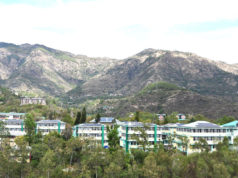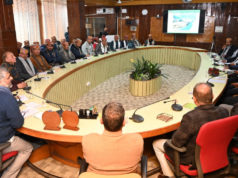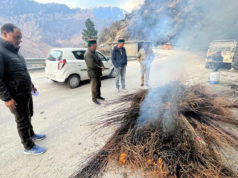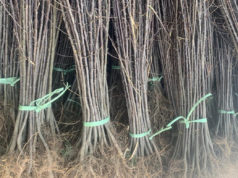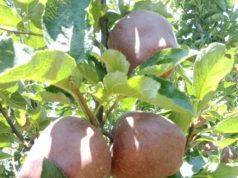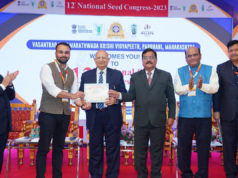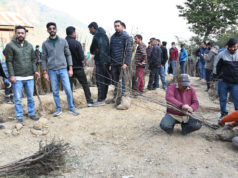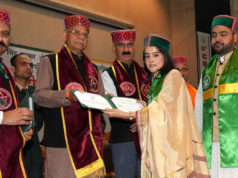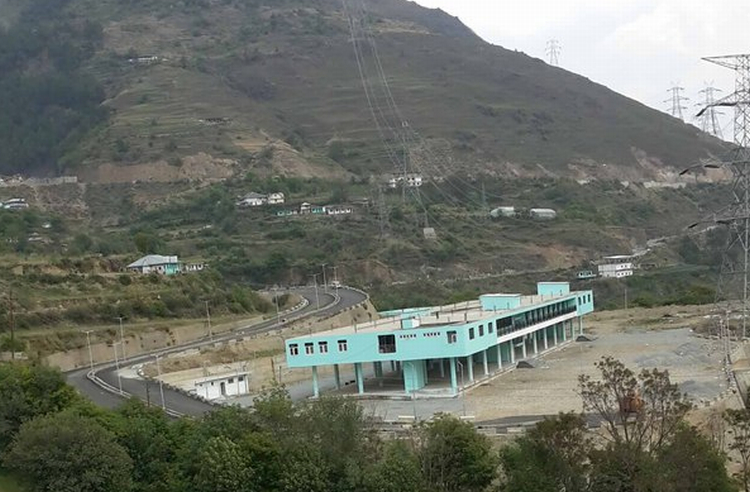Nauni/Solan: Scientists at Dr Yashwant Singh Parmar University of Horticulture and Forestry Nauni, Solan have advised apple growers to ensure strict adherence to plant quarantine measures.
In a one-day awareness workshop of the Department of Plant Pathology of the Horticulture University here on Saturday, horticulture scientists discussed the importance of quarantine measures in the import of planting material.
Vice-Chancellor Dr Parvinder Kaushal said that the Coronavirus pandemic has explained the importance of quarantine to everyone.
Asking officials to ensure strict adherence to plant quarantine guidelines, Dr. Kaushal said,
“There is a need to import newer varieties to bring the productivity of our orchards on par with international norms. So, there is no place for emotions when it comes to the quarantine of planting material as a small mistake can lead to the entry of viruses and pose a serious risk to the livelihood avenues and adversely affect the economy of the state.”
He said that the university is working towards strict enforcement of the rules as the university is entrusted by the government of India to look into checking plant quarantine in the state. Dr. Kaushal informed that the university has attained productivity of 42 MT in high-density apples. He added that in the near future, the university will also be in a position to meet the clonal rootstock demand of the farmers.
Dr. HR Gautam, HOD Department of Plant Pathology said that in the last 4-5 years there has been a heightened interest among various stakeholders in the import of planting material and this has brought the focus on the topic of quarantine.
Dr. BS Negi, DGM NMS said that under HP HDP, around 30 lakh plants have been imported by the state and the focus has been on importing hardy and disease-resistant varieties which can help to improve the quality and productivity. He informed that over 50 PEQ sites have been established in the state.
Dr. Celia Chalam, Head, Plant Quarantine Division ICAR NBPGR emphasised on a need of importance to closely monitor which pests were being frequently reported from which countries and the commodities that tend to be infected.


